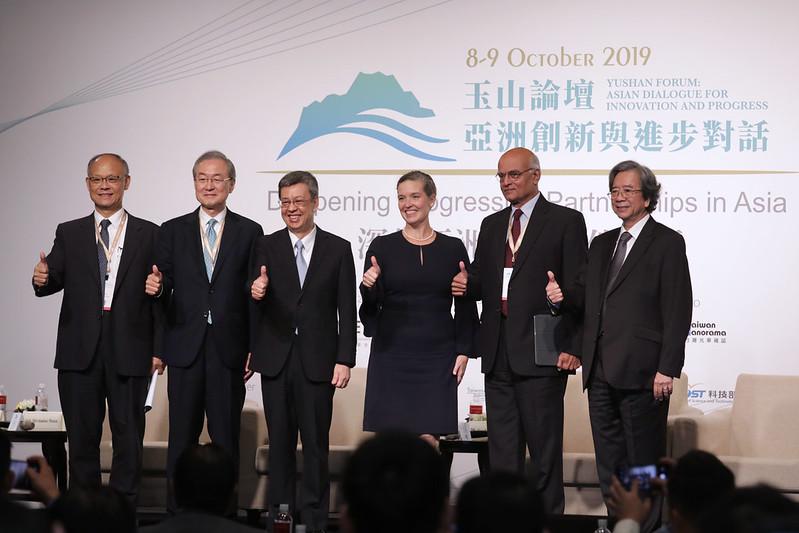TAIPEI, Taiwan—U.S. officials highlighted the importance of Taiwan as a diplomatic partner during an international forum on Oct. 9. In contrast, they explained how the Chinese regime has engaged in unfair trade practices.
The Yushan Forum, hosted by Taiwan–Asia Exchange Foundation, a local think tank, was held for two days beginning on Oct. 8.





